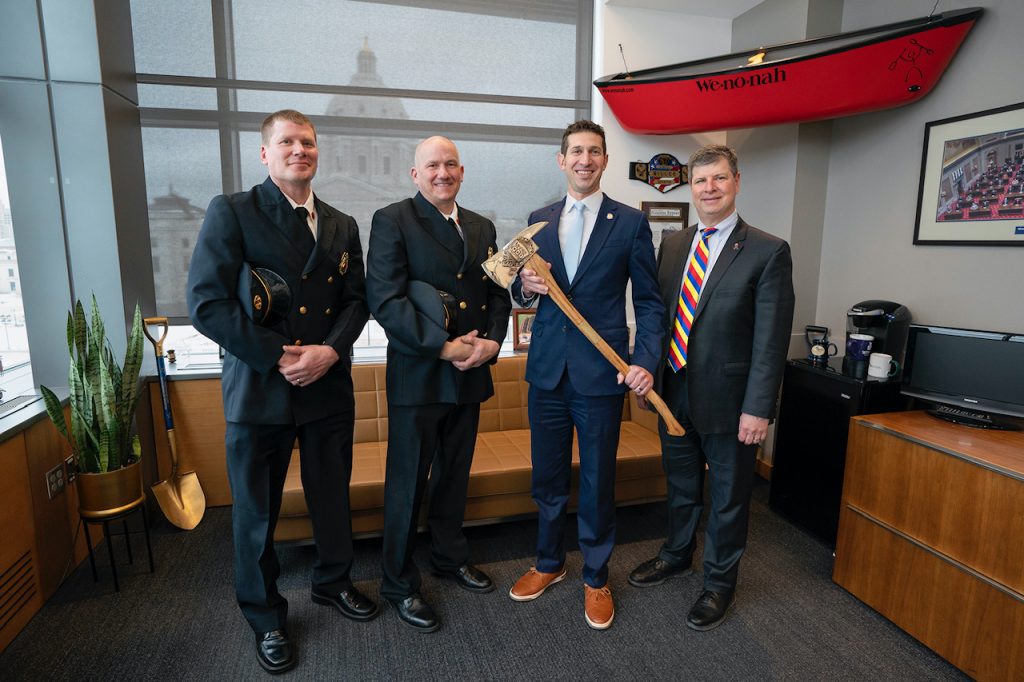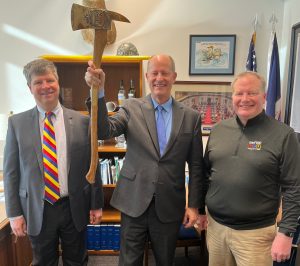In July 2021, the state legislature passed the most comprehensive firefighter well-being legislation in the nation. The bipartisan Hometown Heroes Assistance Program (HHAP) dedicates $4 million per year to ensure that every Minnesota firefighter will have access to the education, prevention and care needed to handle a cardiac, emotional trauma or cancer diagnosis.
We are so thankful to the bipartisan group of legislators and fire service leaders who took action to make this happen. Over the past few months, we have had the privilege of recognizing the legislators who were instrumental in passing the Hometown Heroes Assistance Program with our highest honor – commemorative bronze axes.

A token of our gratitude, these axes commemorate their leadership in the fight for firefighter health and wellness. The legislators awarded with, or soon to be awarded with, commemorative axes include:

- Senate HHAP Co-Author Senator Steve Cwodzinski (D – 48)
- Senator Paul Gazelka (R – 09)
- Senate HHAP Author Senator Jeff Howe (R – 13)
- Senate Majority Leader Jeremy Miller (R – 28)
- House Speaker Melissa Hortman (D – 36B)
- House Public Safety Chair Representative Carlos Mariani (D – 65B)
- House HHAP Author Representative Cheryl Youakim (D – 46B)
Thanks to the generosity of the Minnesota Legislature, 20,000 volunteer, paid-on-call, part-time and full-time firefighters across the state have an opportunity to deeply benefit from these new resources.
This major milestone for firefighter health combines three vital elements: an assistance program with expanded emotional trauma resources, an up-to-$20,000 critical illness policy, and ongoing health and wellness training. All active Minnesota firefighters – volunteer, paid-on-call, part-time and full-time – can access the MnFIRE Assistance Program, are automatically enrolled in the Critical Illness insurance policy and can receive training – all at no cost.
Minnesota firefighters can receive help for a crisis, find out more information or file a claim by calling 888-784-6634 or visiting mnfireinitiative.com/hhap/.

